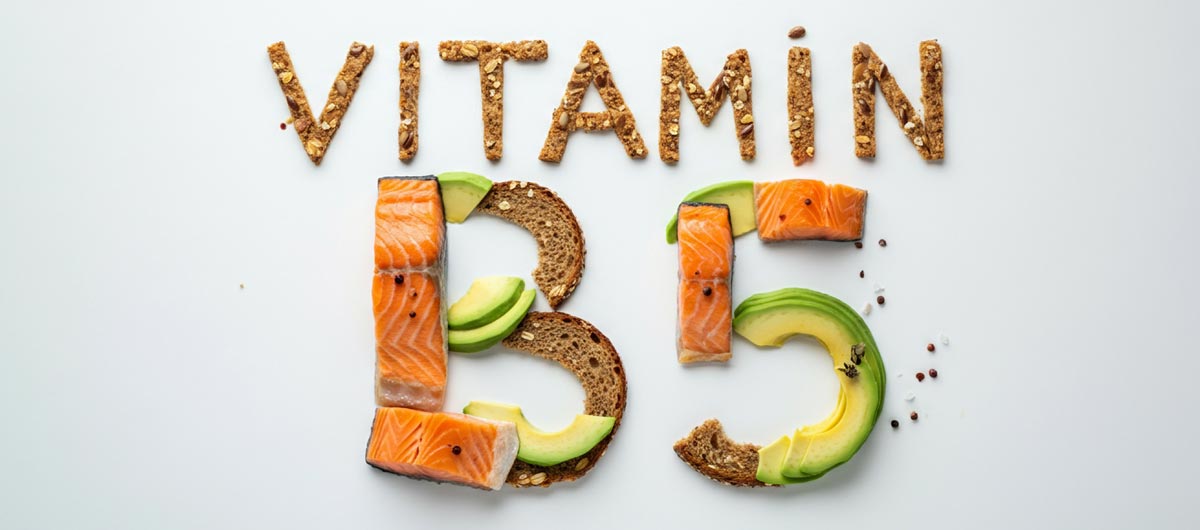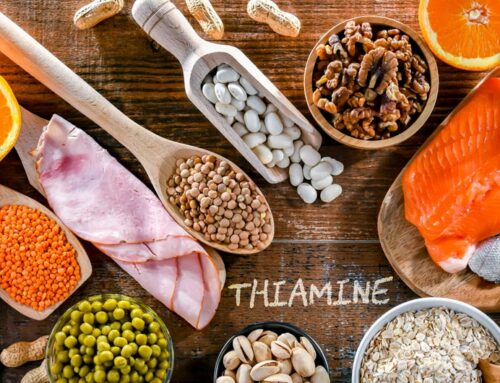Pantothenic Acid is a vitamin, also known as vitamin B5. It assists the body in creating and breaking down fats. It also helps to turn the food we eat into energy.
The amount of pantothenic acid you need depends on your age and sex. Average daily recommended amounts are listed below in milligrams (mg).
Life Stage — Recommended Amount:
- Birth to 6 months — 1.7 mg
- Infants 7–12 months — 1.8 mg
- Children 1–3 years — 2 mg
- Children 4–8 years — 3 mg
- Children 9–13 years — 4 mg
- Teens 14–18 years — 5 mg
- Adults 19 years and older — 5 mg
- Pregnant teens and women — 6 mg
- Breastfeeding teens and women — 7 mg
Did you know you can get vitamin B5 from almost all foods?
You can get your recommended amount in meats, beef, poultry, seafood, organ meats, milk, eggs, and various veggies such as potatoes, broccoli, avacadoes and mushrooms (especially Shiitake). It is also available In supplement form.
Most people get enough because it is in almost every food, however there is a rare disorder, known as pantothenate kinase-associated neurodegeneration, where it makes it hard for the body to process it properly.
Deficiency is very rare, but can lead to symptoms such as:
- burning and numbness in hands and feet
- extreme lethargy
- headaches
- sleeping issues
- gastrointestinal issues
- loss of appetite
Pantothenic acid is believed to contribute to lowering bad cholesterol (LDL) and raising good cholesterol (HDL).
Pantothenic acid is safe, even when the dose is high, although you may experience upset stomach if you’re consuming 10,000mg per day. Vitamin B5 is not known to interact with any medications, but it is always a good idea to talk to your healthcare provider before taking any supplements.
Reference: https://ods.od.nih.gov/factsheets/PantothenicAcid-Consumer/







Leave A Comment